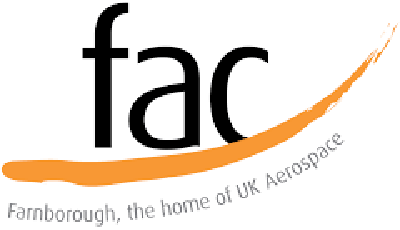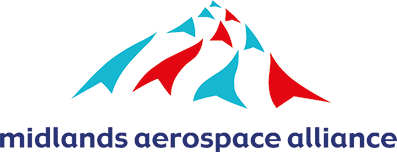EMPLOYEE OWNERSHIP: PRESERVING INDEPENDENCE AND KNOW-HOW
Stephen Hadlow, corporate partner at leading independent law firm Brabners, explains why a growing number of companies are transitioning to employee ownership, and the potential benefits for aerospace businesses planning for the future.
As economic conditions improve, it’s been encouraging to see just how many of the region’s businesses are seizing the opportunity to plot out the long-term future of their business.
For some, that has involved seeking new investment or, indeed, reassessing their succession plans – and a key theme we’re continuing to notice through our conversations with partners and clients across the North West is the growing popularity of Employee Ownership Trusts (EOTs) as a means to achieve an exit.
And a growing number of businesses in the aviation supply chain – from Eccles-based logistics giant Cardinal to specialised manufacturer Martin Precision – are reaping the benefits.
Scanning the horizon
With some of the industry’s biggest players headquartered in the North West, a trade sale has long been one of the most attractive and viable exit routes for aerospace businesses – many of which are highly specialised, small to mid-sized outfits offering a unique service, often with their own intellectual property.
However, selling a business is rarely just about the numbers – particularly at a time when we’re seeing significant consolidation across the sector. Indeed, where they have spent many years building a specialist business, owner-managers need to feel comfortable that any buyer represents the right cultural fit to carry the business forward.
For this reason, it’s of no surprise that a growing number of business owners are viewing EOTs as an effective way of delivering a stable exit while preserving their business’ independence, identity and ongoing success for the benefit of the colleagues who have helped grow it.
In it together
An EOT is created where business owners sell more than 50 per cent of their shareholding to a trust which has the company’s employees as its beneficiaries. Generally, the owners are paid back for their stake over time from company profits, though typically a significant initial upfront payment is also made, funded by existing cash on the company balance sheet or a bank loan.
The main draw of employee ownership is that, since there are likely to be no third parties involved, the whole succession process remains under the business’ control and is therefore easier to manage than, for example, a trade sale. It also allows founders to retain some involvement through minority ownership and the ability to sit alongside employees on the trust board of the EOT.
Hybrid EO models are also becoming increasingly popular. This involves offering a minority stake in the business to senior management either as a direct shareholding or via the grant of share options once the EOT transaction has taken place. This helps supports the business over the longer term by directly incentivising the next generation of future leadership in the business alongside the wider employee benefits offered by the EOT.
While trustees don’t make day-to-day management decisions — that responsibility stays with the board of directors of the trading company — they do ensure that the business is being run in the interests of the employees, allowing it to maintain its identity despite changes in leadership.
Personnel perks
Importantly, transitioning to employee ownership provides a raft of benefits to support the recruitment and retention of key staff – an attractive proposition at a time when the aerospace sector, like others, has a skills gap to address.
By ensuring that all employees have a stake in the business’ long-term success, the structure can help to protect and maintain a company’s independence and culture while ensuring that employees are engaged and invested in its long-term prosperity. Indeed, recent research indicates that median productivity within employee-owned firms has increased year-on-year above the UK average, adding an additional £23.1bn to the economy.
Tax perks
In an uncertain tax climate, a key benefit to business owners is that no capital gains tax will be payable on the sale proceeds. Owners who might consider selling to a trade buyer holding out for a premium price, can assess the net financial return from a tax-free sale to an EOT with the confidence that they are receiving a fair price which does not sacrifice shareholder value.
There are also tax benefits for employees, with a business that is employee-owned able to pay staff tax-free bonuses of up to £3,600 every year.
Planning for the future
It’s important that expert EO advisers are consulted throughout the EOT process to ensure an effectively managed project, robust tax protection and proper EO governance structures are put in place for the business going forward.
Our specialist employee ownership team has many years’ experience in guiding all types of businesses through the journey, leading to us being one of the few law firms in the UK with Employee Ownership Association ‘Specialist Advisor’ status. In 2023 our team supported 20 different businesses in their transitions to employee ownership, while 2022 saw Experian rank us as the country’s most active EOT advisor.
Ultimately businesses are like families, with their own culture and character, so there is no one size fits all approach to succession planning. However, with more and more firms recognising its relevance, the employee ownership movement is only likely to continue growing.
For more information on how Brabners can help, contact stephen.hadlow@brabners.com.






